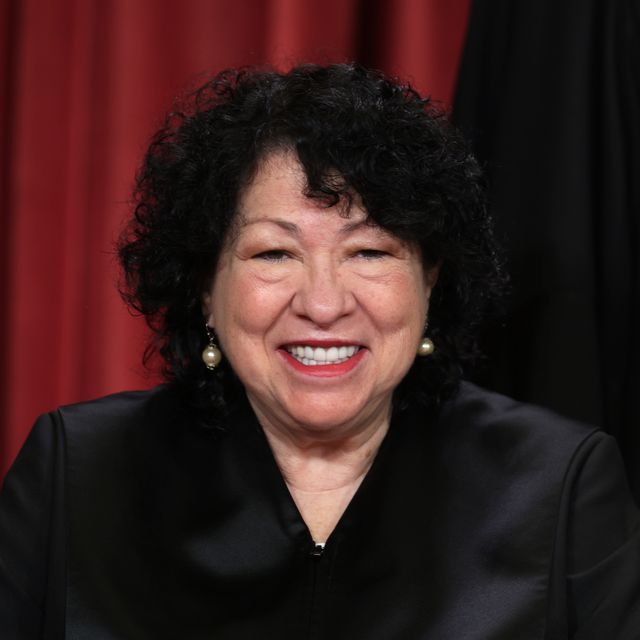Hello everyone! Let’s dive into a fascinating legal battle that’s been making headlines. The Supreme Court just made a significant decision that has the potential to impact how government agencies interact with advocacy groups, especially when it comes to free speech rights.
In a unanimous decision, the Supreme Court sided with the National Rifle Association (NRA) against the New York State Department of Financial Services. The ruling was written by Justice Sonia Sotomayor and essentially says that the NRA has a legitimate claim that its First Amendment rights were violated.
But what does this mean? Let’s break it down.
Back in 2018, the NRA filed a lawsuit against Maria T. Vullo, who was the Superintendent of the New York State Department of Financial Services at the time. The NRA claimed that Vullo, under the direction of then-Governor Andrew Cuomo, tried to blacklist the NRA. They alleged that Vullo sent out letters to banks and insurance companies, urging them to cut ties with the NRA and other pro-Second Amendment groups due to reputational risks. These letters came shortly after the tragic Parkland school shooting, which had reignited debates about gun control in America.
In a unanimous decision, the Supreme Court ruled today that New York officials violated the First Amendment by coercing insurance and banking companies to no longer do business with the National Rifle Association as punishment for the group’s gun views. https://t.co/pd0oRljUlT pic.twitter.com/Uo0ejFQXUq
— Sean Davis (@seanmdav) May 30, 2024
The NRA’s lawsuit argued that these actions by Vullo amounted to coercion, effectively threatening these financial institutions with regulatory repercussions if they continued their business relationships with the NRA. This, they claimed, was an attempt to punish the NRA for its advocacy, which goes against the First Amendment.
Fast forward to the present, and the Supreme Court has ruled that the NRA’s claims are indeed plausible. The court’s decision vacated the previous ruling by the U.S. Court of Appeals for the Second Circuit, which had dismissed the NRA’s case. Now, the case is being sent back for further proceedings in light of this new decision.
Justice Sotomayor’s opinion emphasized a critical point: government officials cannot coerce private parties to suppress views that the government disfavors. This is a reaffirmation of a principle established six decades ago by the court, which stated that using legal threats to suppress speech violates the First Amendment.
Interestingly, the NRA has found support from the American Civil Liberties Union (ACLU), a group that usually stands on the opposite side of the ideological spectrum from the NRA. The ACLU stated that while they may not agree with the NRA’s views, they are committed to defending the NRA’s right to free speech. This underscores a fundamental belief in the importance of protecting free speech for all, regardless of the content of that speech.
So, what’s next? The NRA will continue to argue its case in the lower courts, thanks to the Supreme Court’s ruling.


